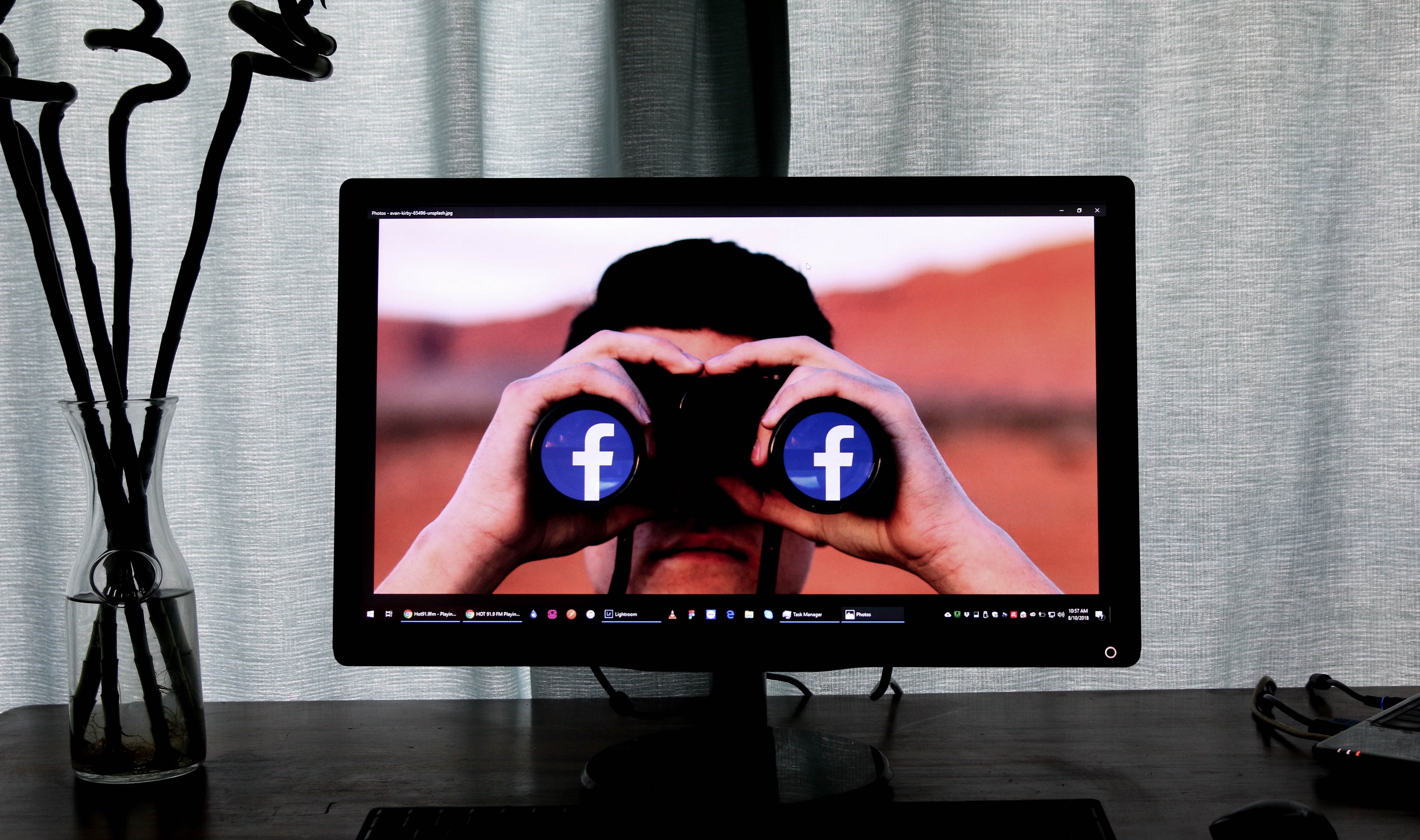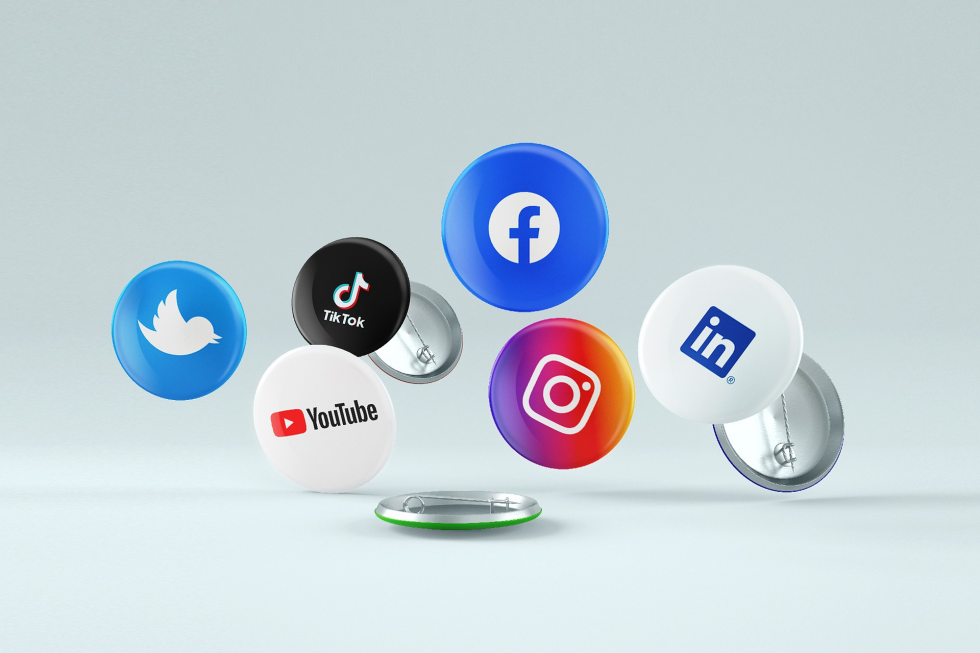"The pandemic has put a magnifying glass on misinformation”

Share this Post
Disinfo Talks is an interview series with experts from around the world, who tackle the challenge of disinformation through different prisms. Our talks showcase different perspectives on the various aspects of disinformation and the approaches to counter it. In this installment we talk with Dr. Ayelet Baram-Tsabari, Professor at the Faculty of Education in Science and Technology at the Technion – Israel Institute of Technology, where she heads the “Applied Science Communication” research group.
Tell us a bit about yourself, what do you do, and how disinformation became part of your life and work?
I’m a professor of Science Communication and Science Education at the Faculty of Education in Science and Technology at the Technion, in Israel. My background is in biology and science education. I used to be a journalist and editor, both on TV and in the print media, and I was always very much interested in the communication side of sciences, and information in general. I’m interested in how people use or do not use their science education in their lives. Part of the new vision on literacy is what we want people to be able to do with science in their lives, including spotting misinformation.
How big is the problem at the moment in your view? How worried should we be about the state of disinformation?
Misinformation is nothing new. Hillary Clinton adopted an alien baby and Elvis is alive… The new thing about misinformation is its form of distribution and the accelerated rate at which lies and half-truths make their way to different communities, as well as the information bubble in which people find that everybody in their virtual communities thinks in a similar way. Nevertheless, what I am most concerned about is not specific pieces of false information. The problem is rather the loss of trust, i.e. the fact that many people have come to believe that everybody is lying to them, and that they cannot trust anyone. If we look at what fuels conspiratorial thinking, it’s this idea that there’s a cover-up of very important issues that are all about trying to mislead people. I think that a lot of fake news relate to this conspiratorial thinking of a major cover-up. It’s a perspective about life and about living together. It’s hard to live together in a democracy if many people use such a paradigm to view reality.
What would you say is the biggest misconception about misinformation?
One misconception about misinformation has to do with the term “information.” As a science communicator you might think, okay, if the problem is misinformation, I will provide the correct information, and then it will be okay, because all I need to do is to correct the fallacy. This is a complete misconception. One reason is because the misinformation is already circulating out there and it’s hard to undo beliefs that have been formed based on it. But also, because it’s not about the information itself. It’s about the ideology, or the point of view, or the way of thinking about the world that it serves.
Did the pandemic change something in the way that the problem manifests itself or in the way that we are thinking of the solutions for it?
I think it greatly increased awareness of this problem. Many people used to think about misinformation in the context of politics, especially politics in the US, and how influence campaigns were propagated by Russia and other actors to destabilize communities in other countries. The pandemic has put a magnifying glass to the diverse manifestations of the challenge of online misinformation and exposed the important correlation between exposure to misinformation and people’s attitudes and behaviors.
Is science communication different in Israel?
In Israel, we have a major challenge, which is posed by dominant insular communities – communities that do not want to be part of mainstream society, or do not trust information from mainstream society and do a lot of gatekeeping in regarding to regulate what information enters into their communities (specifically ultra-Orthodox society). But we see that there are many issues with fake news and vaccination misinformation in the Arab community as well. These are two communities that have their own language and their own media outlets, coupled with a deep mistrust in state institutions.
What would you say is perhaps the biggest question or the biggest challenge that you’re facing right now in your work?
The biggest challenge is to know: “What works?” We have a lot of data, a lot of information about what doesn’t work. We know that people remember things that they heard, but they don’t remember where they heard them, or if they were true or false. Information just sticks in the human brain, and it’s hard to change something that’s already there. We know that people use the information they have; they sometimes just cherry pick to support their convictions. We know that people like to believe others whom they perceive as similar to them, and are much less trusting of people with whom they do not identify. Also, at times people will have the correct information, but they won’t use it in the right context. We know a lot of things that don’t work. My biggest challenge is to know what does work in a more general, mass media context. We know what works on a person-to-person level: If you trust me, and also know that I care about you, then you’re more willing to listen to me. However, what works on a group level with many different people? There are some indications, of course. We know that it is important to work with people from different communities. We know that trust is key. Yet, what do we do when there are 9 million people and we need to communicate with all of them?
Is science communication politicized in Israel?
Regarding climate change, no, much less than in the United States, and that is a blessing. Of course, there are problems and issues, and there are communities that don’t care about or know next-to-nothing about environmental issues. Still, it’s not as severe as what we see in the US. Europe does not suffer from the same “illness” as the US, which demonstrates that not every topic need to become politicized. It’s a problem of context, not of the science itself. As people who care about the dissemination of knowledge, and about informed decision-making, we need to be prepared to invest a lot in preventing the politicization of information. The scientific community should also do as much as it can, via the media, to support this effort and to put pressure to avoid having political figures and spokespeople address certain scientific issues. The potential negative results of this mixing of genres can be seen among opponents of Netanyahu and those who oppose the COVID vaccine. Although this is a very small group of people, it is still troubling and potentially problematic that people conflate their political views with skepticism towards science because of something that a political opponent said.
What kind of solutions do you envision, and most importantly, who will oversee their implementation? How do you imagine the division of labor between the different stakeholders?
I think the most fruitful way forward is to work with people from different communities: With leaders who are influential among certain audiences, within certain communities, and with other people who should probably be leading the communication effort within those communities. If the main goal of the communication effort is to help people understand that fake news about the COVID vaccine is not true, it should probably come from people who are trusted in the community. Again, trust is the key here. The way forward should emphasize collaboration between the people who wish to communicate scientific understanding and care about people’s informed decision making.
Another thing to do is to continue learning to communicate better. There is already some knowledge about what fosters effective science communication and what doesn’t. The scientific and medical community should use this knowledge in their communication strategies. The academic community should also adapt it for its own toolbox. People ask us about fake news and they want us to tell them if it’s true or not. But fake news also includes the absence of sufficient quality information. By ’quality information’ I mean, a clear, reliable, interesting, readable, shareable information that could have a chance in the battle against fake news. In the case of Israel, such information needs to be available not in English, but in Hebrew, Arabic, and maybe also Russian and Yiddish. These are the languages of the local population, and all suffer from some lack of good, interesting and timely information. That’s something that can be operationalized, namely, to create more accessible science communication in the different languages that people actually use.
Who could bring about this change?
The Tech community could do much more than it’s currently doing. Also legislators should think of ways to require accountability from actors that spread misinformation online. Experts in education, and science education in particular, talk a lot about our need to prepare students to be adults in an epistemologically unstable or uneven information environment. It’s crucial to teach students and help them develop their skills in order to live in such information environment. This cannot be done by using textbooks that only have facts to memorize; that’s not something that teaches critical thinking and how to evaluate information. The PISA 2024 already included the vision of developing scientific knowledge and preventing its misuse. That should be popularized and supported. Finally, the science community should think about their role as communicators in society. Of course, not all scientists should be forced to simplify their findings for digestion by the general population, but it should become more of a norm that communication is part of a science professional’s job, (especially, those funded by taxpayer funds). This will presumably lead to an influx of accessible high-quality information in the public sphere, which will make for a very good starting point in fostering an evidence-based public discourse.
Ayelet Baram-Tsabari is a Full Professor at the Faculty of Education in Science and Technology at the Technion – Israel Institute of Technology and heads the “Applied Science Communication” research group. Baram-Tsabari’s training in science education (Ph.D., Weizmann Institute of Science) and science communication (Marie Curie fellowship, Cornell University) alongside her considerable experience as a journalist, editor, and a TV presenter (1999-2008) have together shaped her commitment to evidence-based practice and research in science communication and education.
This Interview is published as part of the Media and Democracy in the Digital Age platform, a collaboration between the Israel Public Policy Institute (IPPI) and the Heinrich Böll Foundation.
The opinions expressed in this text are solely that of the author/s and/or interviewee/s and do not necessarily reflect the views of the Heinrich Böll Foundation, the Israel Public Policy Institute (IPPI) and/or the German Embassy Tel Aviv.
Share this Post

What is Privacy by Design?
The European Convention on Human Rights of the Council of Europe of 1950 acknowledged privacy in its Article…

Are Facebook and Its New Oversight Board Up to the Task When It Comes to Health Misinformation?
With much fanfare, Facebook’s newly established Oversight Board recently released its first batch of decisions on the social…

"The basis for democratic discourse in the age of social media is skewed"
Disinfo Talks is an interview series with experts that tackle the challenge of disinformation through different prisms. Our talks…
